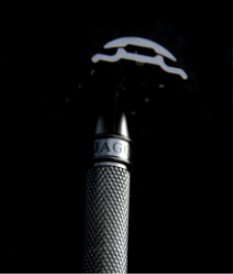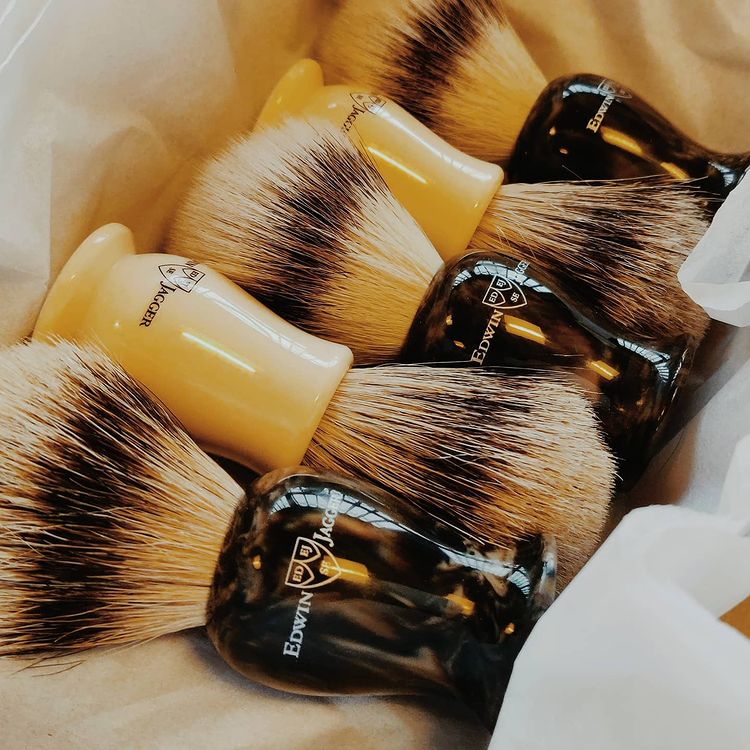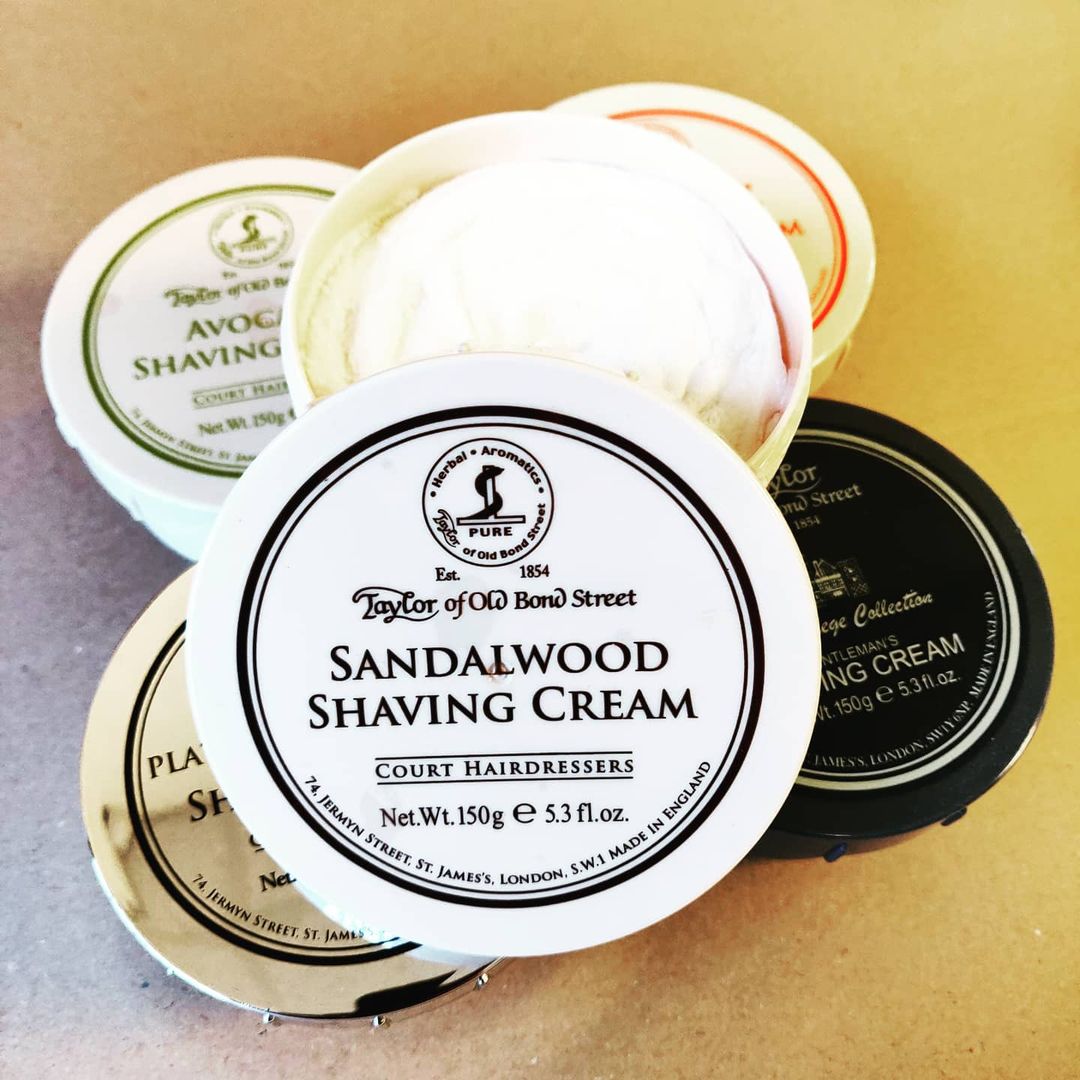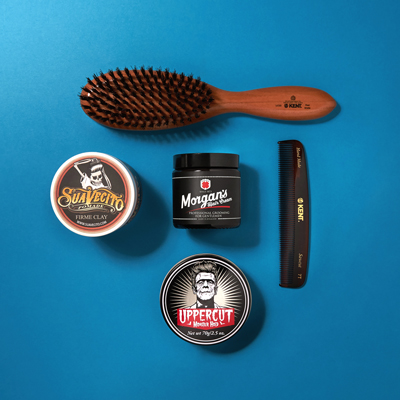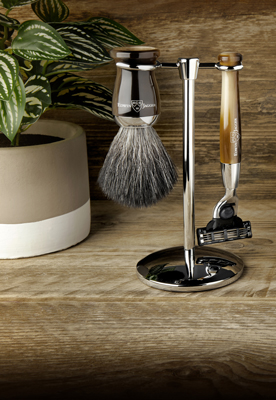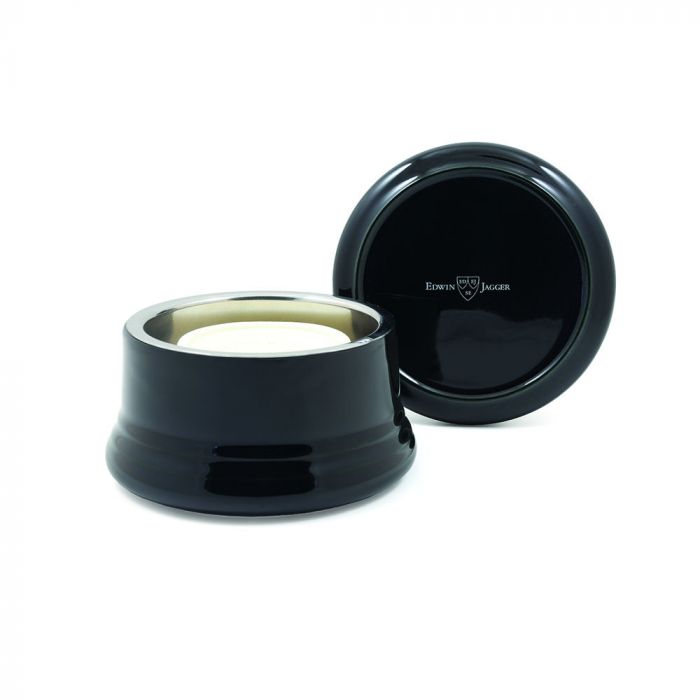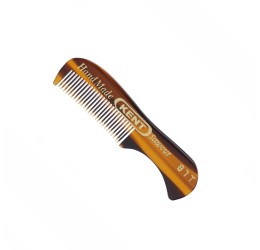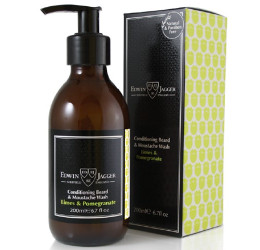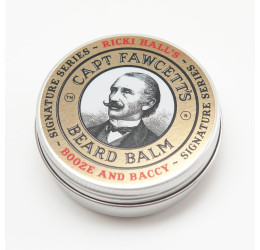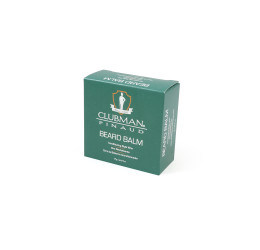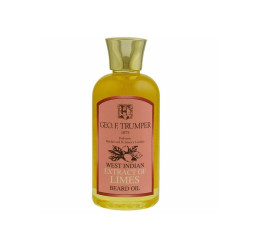Beard Psychology: What Does Your Facial Hair Say About You?
Your style says a lot about your identity. Beards, moustaches or going clean shaven are all stylistic choices that can affect the way people view you. However, beard psychology reveals that facial hair can have an even greater impact than you might realise. It subconsciously affects the way people perceive you including your employability, trust, social skills and masculinity.
While having a full beard doesn’t guarantee an immediate alpha-male presence or success in your next interview -- there are limits as to what beard psychology can achieve on its own -- your facial hair can subtly impact people’s perception of you.

Masculinity and Aggression Psychology
Beard psychology is a complex field of research that has drawn a lot of mixed conclusions -- one study showed bearded men are perceived as being more likely to commit crimes while another showed that having a beard helps you to be seen as more trustworthy. However, one thing that does remain consistent is the psychological association between beards and masculinity -- a trait which is also linked to aggression. In 2013, a large study was done that presented men and women with a set of photographs of the same man with varying lengths of facial hair. They had to rate each picture according to ‘manliness’. Perhaps unsurprisingly, the longer his facial hair, the more manly he was rated. A study on women’s perceptions of male facial hair by Dixson and Brooks, also in 2013, found that beards were associated with increased masculinity, and a more recent paper published in 2016 concluded that men with beards were thought of as more dominant.
Testosterone
Biologically speaking, this makes sense. Men produce testosterone which causes beards to grow, something that is highly uncommon in women. If the opposite of masculinity is femininity, then it follows that being bearded would seem more masculine.

Aggression
Beards also impact perceptions of aggression. A research study showed photographs of bearded and non-bearded men with both groups pulling the same aggressive facial expressions, such as scowling and barring their teeth. The bearded men were rated significantly more aggressive and intimidating than the clean-shaven men. Intuitively, this makes some sense. Testosterone not only causes beards to grow more full and thick, but it also impacts behaviour, including aggression. Those with high testosterone levels are not only likely to be able to grow large beards, but often show more aggressive behaviours. That’s not to say that having a beard always makes you seem more aggressive, nor actually causes more aggressive behaviour! It does show, however, that beards can emphasise other aggressive features or behaviours. If you’re the kind of person that naturally leans towards confrontation, then keeping your facial hair trimmed might be a good plan. There are societal limitations to the impact beards can have upon perceptions of aggression, so you don’t necessarily need to shave off your prized beard for fear of being seen as overly aggressive.
Power & Maturity
Henry VIII with a beard in power, Because the ability to grow a beard is a sign of physical maturity in men, it’s not a great leap to assume it can also be a sign of general maturity. As we get older (and better at growing beards), we usually become more mature. Beards therefore, psychologically speaking, work in the subconscious to indicate maturity. A study from 1990 evidenced this, showing both men and women associated beards with maturity and power. The power associations that come with a beard are interesting as it can’t be separated from the way society has empowered men in politics, science, the arts and within social spheres for centuries. As we’ve learned, having a beard increases perceptions of masculinity. In a society where men have more power, emphasising masculinity would therefore also increase perception of power. Interestingly, it was found that female feminists were less likely to vote for men with beards. The study suggested this was because beards caused the women involved subconsciously to see the men as overly masculine and more likely to support violence against women. This is likely tied up with the way beards impact perceptions of aggression.
Social Psychology
Beards are associated with masculinity, dominance, power and maturity. However, beard psychology is more complex than simply celebrating all things beard-related and leaving the clean-shaven men to sit with their razors in the corner. A study by Professor Richard Wiseman of the University of Hertfordshire found that bearded men are perceived as 38% less generous, 36% less caring, and 51% less cheerful than clean-shaven men. It is thought that clean-shaven men are easier to get on with and integrate better with others. While there might be less association with power, being clean shaven means you’re more likely to be perceived as a nicer person to be around! 
Self-Perception
In the same way that wearing smart clothes might help you feel more confident and therefore affect your behaviour, having a beard can also impact your self-perception and in turn the way you behave. A study on undergraduates involved giving men a fake beard to wear for a short period of time. It concluded that “a person tends to form highly detailed and stereotypic impressions of another person on the basis of just a few physical features, with beards being a very strong stimulus characteristic […] The present study shows that the wearers of those beards follow this societal tendency and stereotype themselves in the same way.” It suggested that wearing a beard affects the way you think about yourself. While the study indicated that wearing a beard improves self-perception, it’s really all about feeling confident. If you feel more confident with a beard, you’re more likely to behave confidently in the workplace and in your home life -- and the same if you feel more confident clean shaven.
Attractiveness

It’s a question most men will have asked themselves: ‘Will a beard make me more attractive?’ However, as with most questions related to attraction, there’s not a clear answer. Not only does everyone find different things attractive, but it will also depend a lot on your features as to whether a beard, stubble, a moustache or going clean shaven would suit you best! That said, beard psychology suggests that facial hair could impact attractiveness in certain ways. As mentioned above, confidence plays a part. If the way you wear your facial hair, whether that’s clean-shaven or bearded, makes you feel more confident then you’re likely to be perceived as more attractive. It’s not a clear-cut rule -- some people are attracted to less confident people -- but it can impact the way people view you. There have been a lot of studies into the way beards impact women’s perceptions of men and the results are, unfortunately, consistently inconclusive. This study from 2016 suggested women found men with beards more attractive, while another said facial hair had no effect whatsoever. It suggests that there’s no clear winner. Some women find beards more attractive, while other women don’t. There is a theory that suggests beards do make men more attractive, but only in so much as they help him to stand out from the crowd of his peers. This was tested by showing participants one of three sets of pictures: lots of pictures of bearded men, lots of pictures of clean-shaven men, or a mixture. The participants had to rate the attractiveness of each picture. The findings showed that bearded men were considered most attractive only when they were seen surrounded by clean shaven men. It was thought this was because they stood out amongst the crowd. It could be concluded that as beards become more and more common, their ability to impact your attractiveness decreases!
Beard Psychology Conclusions...
It might be agreed upon that a beard influences perceptions of masculinity and aggression, but the way it informs ideas of attractiveness, self-perception and maturity is less clear-cut! While it can be fascinating to read about the impact having a beard can have upon perception, it is hard to draw any concrete conclusions. If you’re often seen as an aggressive person or quick to jump into conflict, you could use your facial hair (or rather, your beard trimmers!) as a powerful tool to help influence people’s opinions. However with all the conflicting information, we think it’s best to simply choose the look you like the most! Why not read some more of our blogs such as 5 Bad Beard Habits or our Date Prep Tips For Men? Our blog has loads of information and tips!



